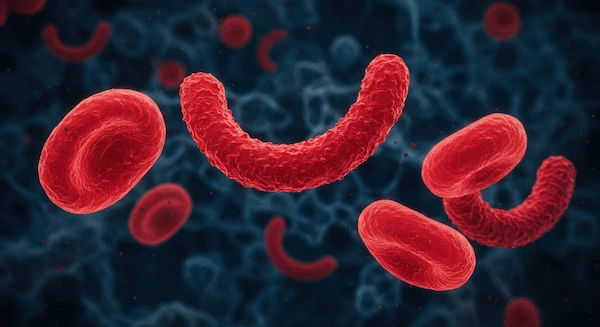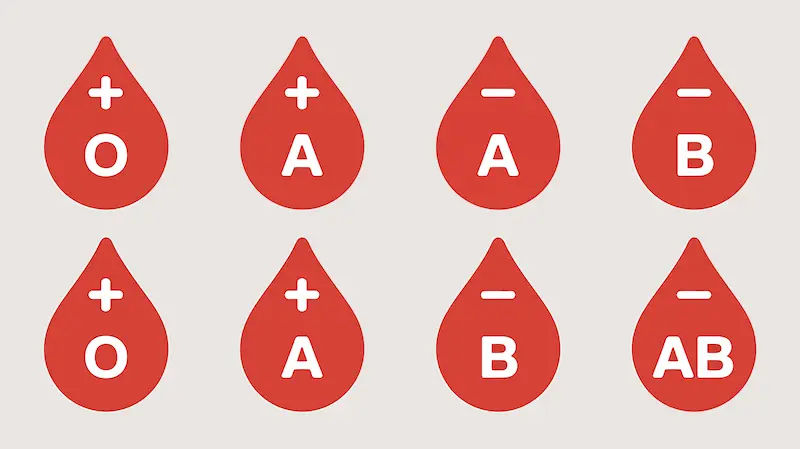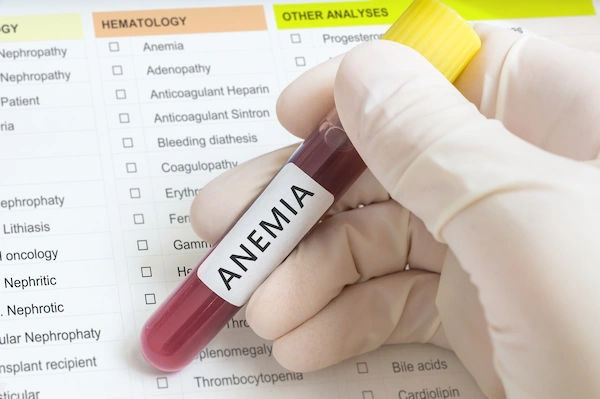- Male
- 30 Years
- 29/01/2025
I've just had a full body checkup, and it turns out I'm right on the border with iron deficiency. When I checked online for solutions, I read that taking iron tablets, like those multivitamin ones, might not be the best idea. I'm a bit confused and worried about what's the best way to address this. Could you suggest some alternative treatments or advice on improving my iron levels naturally?
More Haematology Health Queries
View allI'm a bit worried about my lab report. It shows my globulin level at 3.9 gm and there's a red mark beside it. Does that mean it's something dangerous? Can you help explain what this might indicate?
its normal no need to worry
read more![Doctor 1]()
![Doctor 2]()
Answered by 1 Apollo Doctors
I recently had a routine CBC done and noticed my monocyte count is a bit high. The normal range is supposed to be 3.0 to 7.0, but mine came back at 7.9. Should I be worried about this? I did the test in the evening after fasting for 14 hours. Could that have affected the results?
visit General physician for evaluation ana management
read more![Doctor 1]()
![Doctor 2]()
Answered by 1 Apollo Doctors
My daughters platelet count is over 700,000, her ESR is above 60, and her hemoglobin is 7.9. Im really worried about what could be causing these results. Can you help me understand what might be going on with her health?
Visit your Physician for evaluation and appropriate management
read more![Doctor 1]()
![Doctor 2]()
Answered by 1 Apollo Doctors
Disclaimer: Answers on Apollo 247 are not intended to replace your doctor advice. Always seek help of a professional doctor in case of an medical emergency or ailment.


 Symptoms, Causes, and Care.webp)



